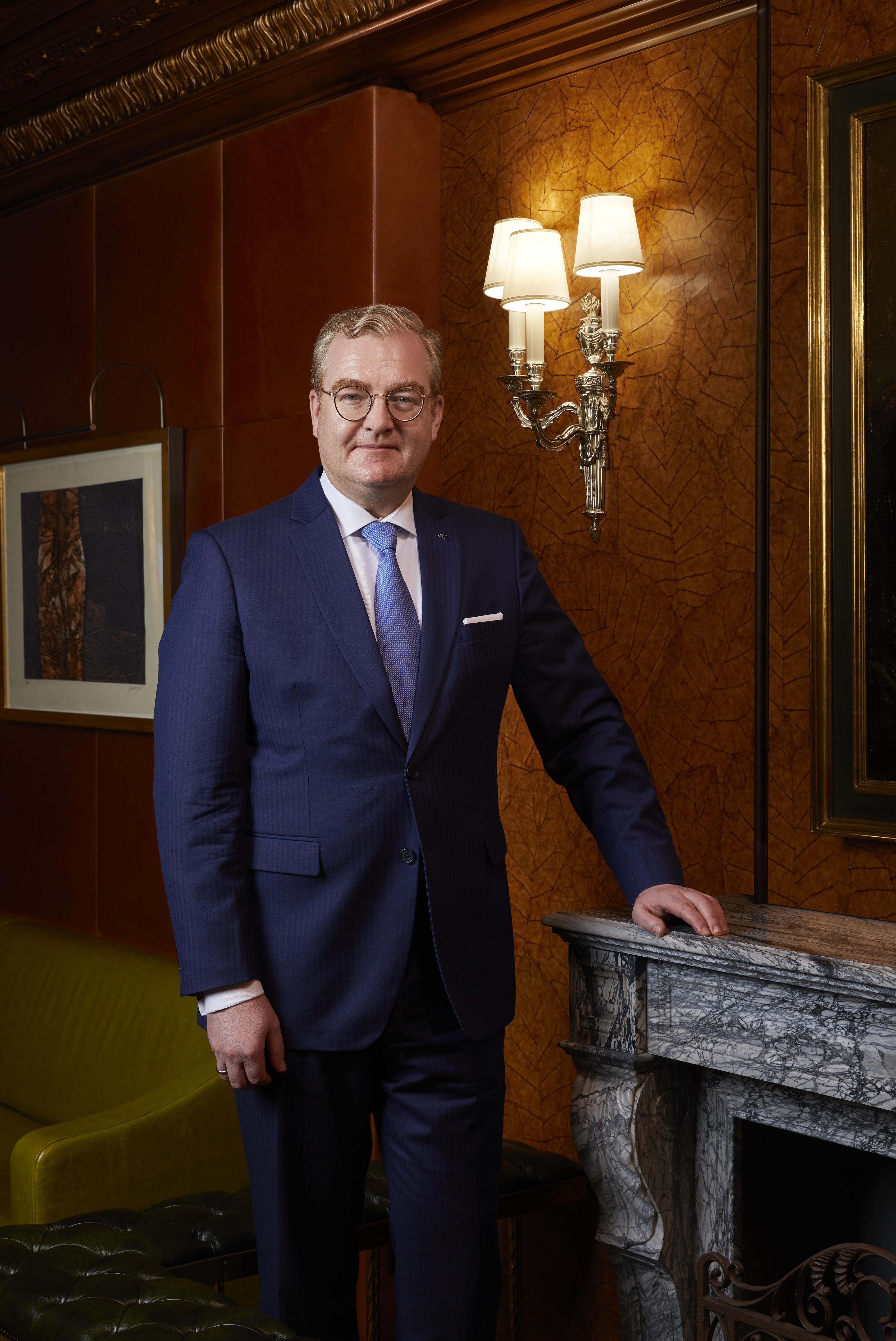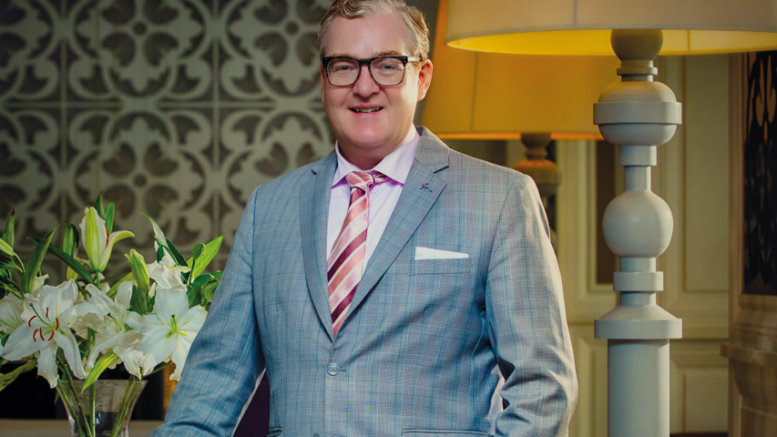The Crown Jewel is generating major changes in tourism, but Europe’s oldest luxury hotel group, Kempinski Hotels, is maintaining its independence and is not compromising on quality, says Martin R. Smura, CEO of Kempinski Hotels, in an exclusive interview with Traveler.
– The Kempinski Group, founded in Berlin in 1897 and headquartered in Geneva, operates 77 hotels worldwide.
– We have witnessed significant mergers and centralisation in the hotel industry, but I believe that this process is coming to an end with the Crown virus epidemic. Kempinski is one of those luxury hotel brands for which independence is an important value. We operate almost like a family business, with the flexibility to make decisions due to our smaller size and the ability to focus more on key areas, which is a big advantage in such difficult situations. It is also an advantage that we know personally all our hoteliers, investors and shareholders, with whom, like our employees, we now place particular emphasis on ongoing communication.
– What is Kempinski’s DNA?
 – In addition to uncompromising quality, our gastronomy is a defining characteristic that goes back to our roots: founder Berthold Kempinski started in the world of gastronomy, running restaurants in Berlin. We also believe that the gastronomic offer has a big role to play in the guest experience, a great example of which is our hotel in Budapest, where we have chosen the bistro concept in ÉS, which has been very successful. We place great emphasis on sourcing local ingredients from excellent Hungarian producers. In addition, the Lady in Red institution, which has been part of the Kempinski brand for over 10 years, is an easily recognisable red-clad lady who handles all requests that help guests’ comfort and is a fantastic brand ambassador in every Kempinski hotel. To mark the anniversary, Italian fashion house Salvatore Ferragamo, with whom we recently partnered, has gifted a pair of iconic red shoes to each of our ladies in red, who wear them proudly throughout the hotel.
– In addition to uncompromising quality, our gastronomy is a defining characteristic that goes back to our roots: founder Berthold Kempinski started in the world of gastronomy, running restaurants in Berlin. We also believe that the gastronomic offer has a big role to play in the guest experience, a great example of which is our hotel in Budapest, where we have chosen the bistro concept in ÉS, which has been very successful. We place great emphasis on sourcing local ingredients from excellent Hungarian producers. In addition, the Lady in Red institution, which has been part of the Kempinski brand for over 10 years, is an easily recognisable red-clad lady who handles all requests that help guests’ comfort and is a fantastic brand ambassador in every Kempinski hotel. To mark the anniversary, Italian fashion house Salvatore Ferragamo, with whom we recently partnered, has gifted a pair of iconic red shoes to each of our ladies in red, who wear them proudly throughout the hotel.
– How is the coronavirus epidemic changing the hotel industry?
– We are now seeing people choosing destinations accessible by car or train. I think that in the next year or year and a half they will favour destinations closer to home. Another major impact of the epidemic on the hotel industry is that business travel is declining. Bankruptcies could come, and it will probably take two to three years to get back to where we were. But in the long term, tourism is a timeless business because people like to see the world, to recharge after a busy week.
– How is Kempinski responding to this situation?
– As we have a strong presence in China, we recognised the threat early on. We have reduced our spending in all areas and have not taken on any new staff. This has allowed us, unlike many others, to avoid mass redundancies, which we believe is important because as a ‘family business’ we focus on training talented staff. We have lost 70% of our annual revenue, but we are looking ahead and looking for opportunities, because in every bad situation there must be a good one. We remain committed to quality: while hygiene is a priority, our cost-cutting measures in no way affect guest comfort.
– Our usual personal question: as a private traveller, what kind of traveller are you?
– As I travel a lot for work, I need to relax as a private person. But my wife is an explorer. So we prefer trips where we can combine relaxation with cultural experience and adventure. We have four children and we want them to see the world, so we take them to the Great Wall of China and the Louvre, for example. Interestingly enough, my family and I have spent a lot of time as guests in Kempinski hotels even before we were entrusted with the management of this great company.
– What is your favourite place in the world and why?
– That’s a difficult question to answer because there are so many places. Switzerland is one of them, but I also like to discover new places: I’m fascinated by Hong Kong, New York, London or Berlin, for example. Also, we are very fond of Hungary and Hungarian cuisine, because my wife lived there for many years and her parents still live there, although they are not Hungarian. That is why we often visit the wonderful Kempinski Hotel Corvinus
in Budapest.
Zoltán M. Érsek





